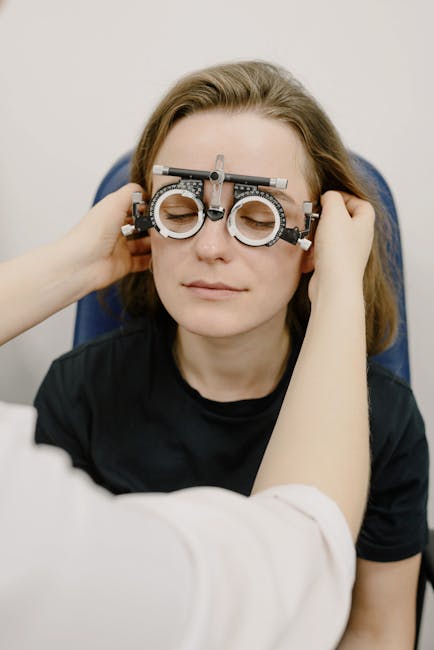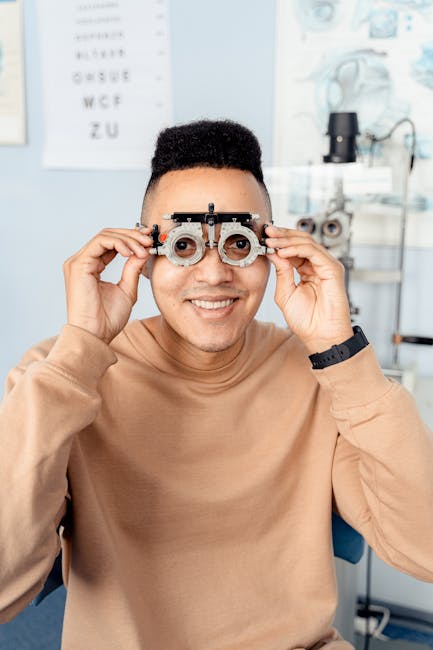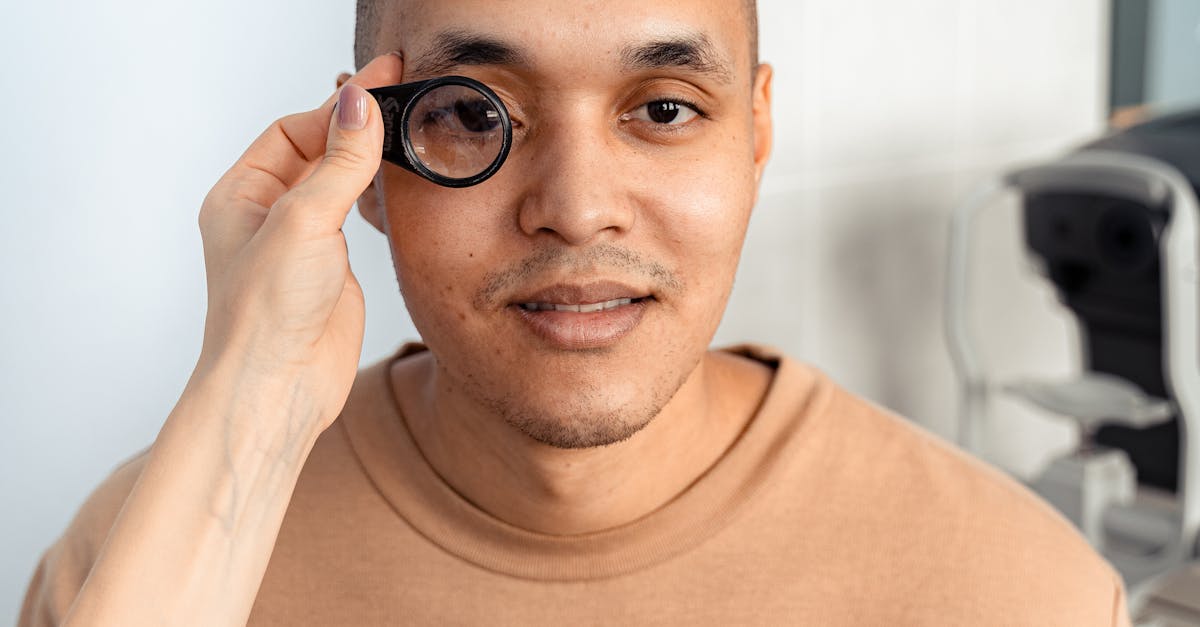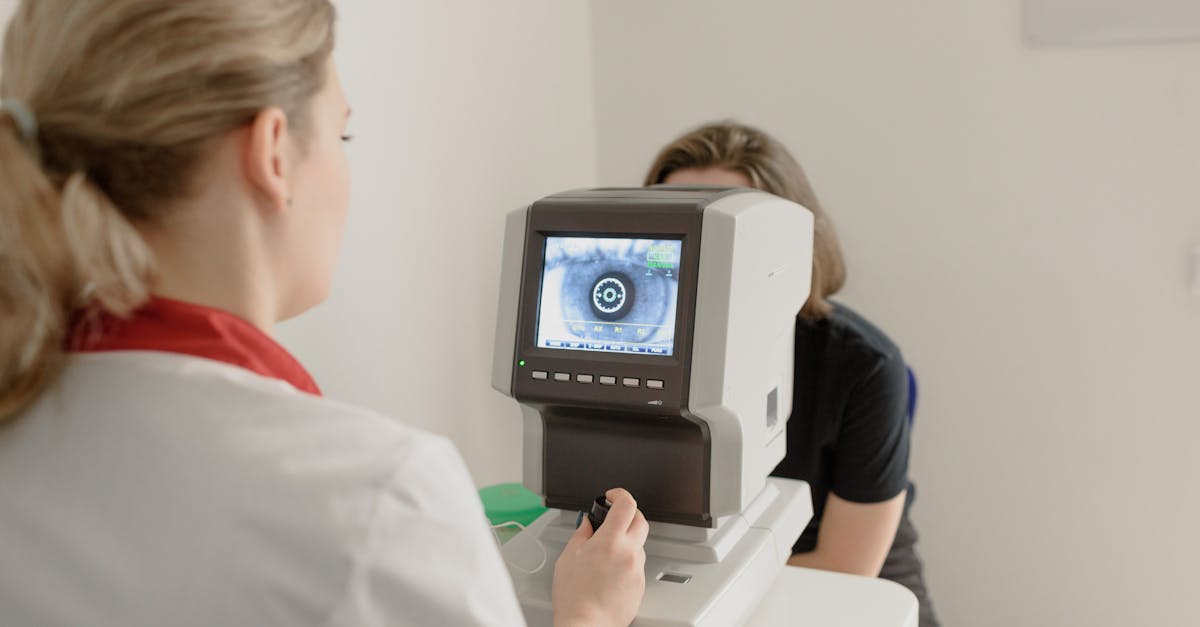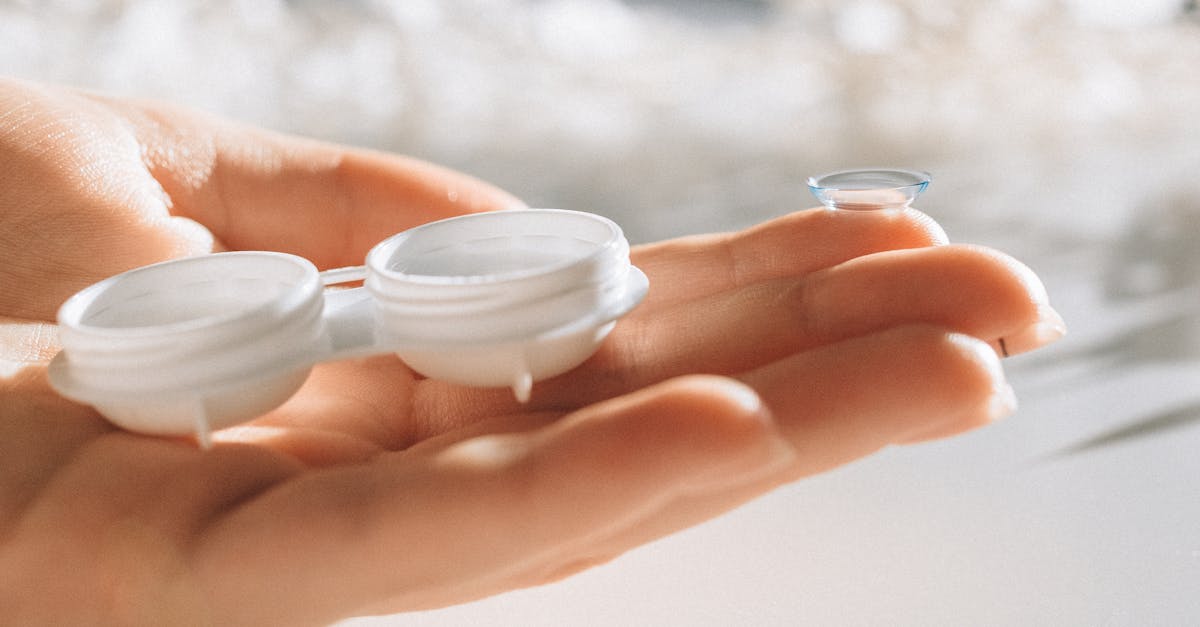Your glasses are one of the most important tools you rely on daily for clarity, confidence, and comfort—yet knowing exactly when to replace them can feel surprisingly complicated. At iDoctor in Glendale Heights, this is a conversation we love having with our patients, because timely eyewear updates can make a world of difference for your vision and overall quality of life. Our approach blends up-to-date optometric science, a deep understanding of style trends, and a commitment to personalized patient care that sets us apart. Let’s explore the ins and outs of how often you should replace your prescription glasses, tailored specifically for those who expect more from their eye care.
Understanding the Lifespan of Prescription Glasses
From high-fashion designer frames to high-performance lenses, glasses are both a statement accessory and a crucial medical device. But unlike a favorite sweater or timeless handbag, they’re not built to last forever. Here’s what every style-conscious, health-focused patient in our Chicagoland community should know:
- Average timeline: Most adults benefit from replacing their glasses every 1–2 years. This interval helps ensure that your vision remains sharp, your eye health is protected, and your eyewear keeps up with your personal style and daily demands.
- Why it matters: Prescription changes, frame wear and tear, and advances in optics can all affect how well your glasses perform. Outdated eyewear isn’t just inconvenient—it can undermine your eye health, comfort, and even your safety.
The Unique Factors That Determine When You Need New Glasses
No two patients are alike, and the perfect replacement schedule can depend on a blend of personal, lifestyle, and medical factors. Here’s how we approach this question during your comprehensive eye exam at iDoctor:
- Prescription Stability: Has your vision changed since your last visit? Even small shifts in prescription can make a big impact, particularly if you spend time on screens, drive often, or struggle with eye strain.
- Age Considerations:
- Kids and teens: Need annual checkups and frequent updates to keep up with rapid vision changes.
- Adults (18–65): Every 1–2 years is standard for stable prescriptions, but lifestyle, health, and digital device use can tip the scale toward more frequent updates.
- Seniors: Annual exams and updates help manage age-related issues like presbyopia, cataracts, and other common concerns.
- Physical Condition of the Glasses: Frames warp, screws loosen, lenses scratch, and coatings degrade more quickly than many realize—especially with today’s active lifestyles.
- New Needs Arise: Changes in job, hobbies, or vision requirements (such as more screen time, a new sport, or reading needs) might mean a new style or special lenses (blue light, anti-fatigue, progressive, etc.).
Red Flags: Signs It’s Time for New Glasses Right Now
- Frequent headaches or eye fatigue after screen use or reading.
- Noticeable drop in night vision, increased glare or halos around lights, especially when driving.
- Difficulty focusing at your usual distances—for example, if reading, driving, or using a computer suddenly feels harder.
- Frames that no longer fit properly: Often the result of stretched temples, loose screws, or accidental bending. Even subtle discomfort can cause big issues down the road.
- Scratches, peeling coatings, or clouded lenses: Damage to more than 25–30% of your lens area can significantly degrade your visual clarity and comfort.
- Changes in your health: Diabetes, hypertension, new medications, or surgery can all affect your eyes, often requiring updated prescriptions or lens options.
As your neighborhood optometrist, we see these signs every week at our Glendale Heights practice—often in patients who postponed their updates, only to realize how much better life looks through new lenses!
Why Regular Replacement Really Matters
It’s tempting to keep old glasses “just a little longer,” especially if they seem fine. But here’s why regular updates are crucial for your vision and your quality of life:
- Prescription Precision: Eyes change, sometimes imperceptibly. Even minor differences can contribute to chronic headaches, blurred vision, or reduced performance at work and school.
- Optical Clarity: Scratches, smudged anti-reflective coatings, and warped frames degrade your ability to see sharply. This can be even more noticeable in Chicagoland’s ever-changing weather—rain, glare, and snow all expose the limitations of impaired lenses.
- Prevention and Health Monitoring: Comprehensive eye exams at iDoctor can reveal early signs of conditions like glaucoma, cataracts, or macular degeneration before they impact your sight. These are checks you simply can’t get from old glasses or an outdated prescription.
- Style & Confidence: Let’s face it—your eyewear is also a fashion accessory. Designer frames, new colors, and updated fits can make you feel and look your best, whether you’re at work, with friends, or enjoying family time around Glendale Heights.
Special Considerations for Designer and Premium Eyewear
Our patients often invest in exquisite frames from brands like Cartier, Oliver Peoples, Tom Ford, Gucci, and Prada. While the craftsmanship and materials go a long way in prolonging the life of your glasses, these pieces deserve the same thoughtful replacement schedule as any other. Here’s why:
- Investment protection: Even luxury frames experience wear. Regular professional adjustments and timely lens changes keep your eyewear looking and feeling like new.
- Upgraded technology: With each passing year, lens designs and coatings (like anti-fatigue Eyezen lenses, advanced Varilux XR progressives, and premium Crizal anti-reflective treatments) continue to evolve, enhancing your vision clarity and comfort.
- Frame fit: Our opticians use advanced tools like the Optikam digital system to provide a perfect fit—essential for both vision and style. If your frames no longer sit perfectly, it’s time for a tune-up or replacement.
The iDoctor Approach: Personalized Eye Care for Every Lifestyle
Here in Glendale Heights, our community includes everyone from busy professionals and students to fashion-forward families and active retirees. No matter your background or style, we recommend the following steps to keep your vision—and your look—at its best:
- Annual Comprehensive Exams: Book an annual eye exam regardless of how your glasses feel. Eyes change with time, health status, and device use.
- Inspect Glasses Monthly: Check for small scratches, loose screws, or frame distortion. Early maintenance prevents costly repairs and ensures comfort.
- Update for Major Life Changes: New job, more screen time, or a new hobby? Let us review if a special lens or frame material can help minimize eye strain or maximize your visual performance.
How Environment Impacts Eyewear Longevity in Chicagoland
Our unique midwestern climate—swings from dry cold winters to humid, stormy summers—has a subtle but real effect on glasses. Humid environments, for example, can cause lens coatings to break down more quickly, and sweat or airborne debris during summer can scratch frames and lenses. If you live or work near lakes or in areas where pollen is high, you may need more frequent cleanings, fresh coatings, or faster replacement schedules.
What If You Don’t Replace Your Glasses on Time?
When patients delay updates, they often notice gradually worsening symptoms:
- Chronic headaches or facial fatigue
- Difficulty with night driving or adapting to changing light
- Ongoing discomfort from poorly fitting frames
- Sudden frustrations—like missing details, slow reading, or struggling with screen glare
The solution is often a new pair of glasses tailored to your current prescription and unique lifestyle. Patients who stick to annual or biennial replacements tend to experience fewer eye health escalations, less strain, and generally report feeling and seeing at their best.
Frequently Asked Questions from iDoctor Patients
- Can I just change my lenses and keep my current frames?
Absolutely, if your frames are in excellent condition and suit your current needs, we can often fit them with a new prescription. However, over time, even the best frames will need to be evaluated for wear and fit. - Do insurance plans cover regular replacements?
Most vision insurance plans (including VSP, EyeMed, Aetna, Blue Cross, and others we accept) offer annual or biennial frame and/or lens benefits. We’re happy to help you maximize those benefits. - Should I have a backup pair?
We always recommend a spare, especially for those who rely on their glasses for driving, work, or critical daily activities. Accidents happen—and having a backup means you’re never without clear vision. - Do I need blue light lenses?
If your lifestyle includes extensive screen use for work or school, a blue light blocking lens or anti-fatigue prescription can make a significant difference. Let’s discuss during your next visit about options tailored for you.
When to Schedule with Your Glendale Heights Optometrist
While routine replacement is important, there are also times you should see us right away—don’t wait for your next annual check-in if you notice:
- Double vision with new or updated glasses
- Sudden difficulty seeing at your usual distances (e.g., reading, driving)
- Unexpected eye pain, redness, or light sensitivity
- Drastic changes in your peripheral vision
- Persistent discomfort adapting to new glasses (beyond a 2-week adjustment period)
We’re here to troubleshoot and ensure your vision care plan adapts with your changing needs—not just now, but for years to come.
How iDoctor Makes Eyewear Replacement Effortless…and Enjoyable
Choosing when and how to upgrade your glasses shouldn’t be a hassle. At iDoctor, our boutique experience blends the art and science of optometry. Our optometrists use cutting-edge technology for ultra-precise prescriptions, while our opticians curate frames that are as stylish as they are functional. We’re passionate about matching you with eyewear that genuinely fits your unique vision, style, and lifestyle.
- Designer & Luxury Frames: Explore renowned brands like Cartier, Oliver Peoples, Tom Ford, Gucci, Fendi, Kate Spade, and more—all in a no-pressure, consultation-first environment.
- Advanced Lenses: Ask about the benefits of Varilux XR progressives, Eyezen anti-fatigue lenses, or Crizal’s latest anti-reflective coatings for your next pair.
- Insurance Navigation: Our team takes the hassle out of insurance—helping you maximize your benefits with ease.
- Personalized Attention: Every visit is unrushed, every fitting is precise, every solution is tailored to you.
Ready to see—and look—better than ever? Book an eye exam or explore our curated eyewear collection in Glendale Heights. At iDoctor, your eyes, your style, and your experience truly come first.



